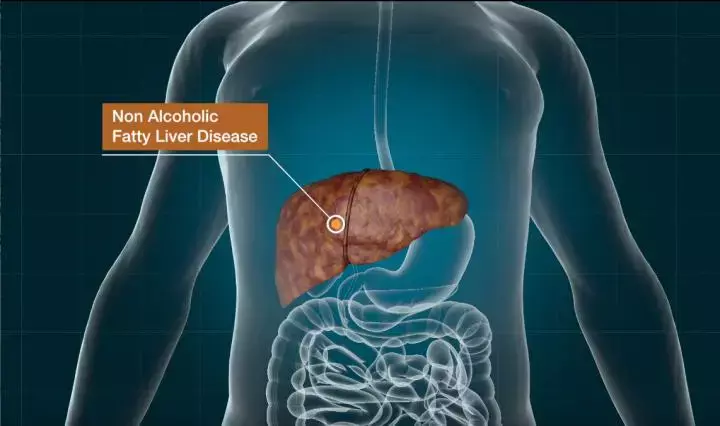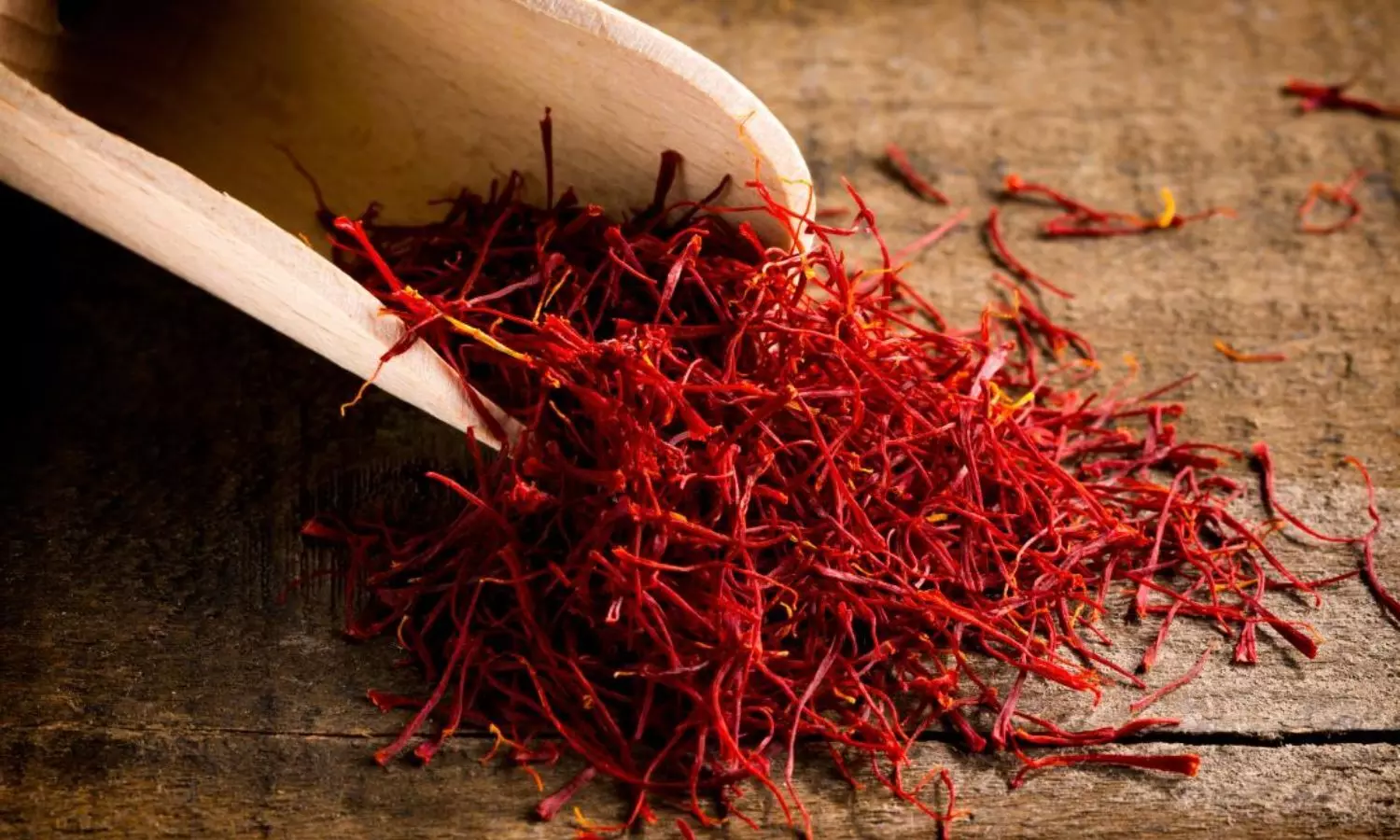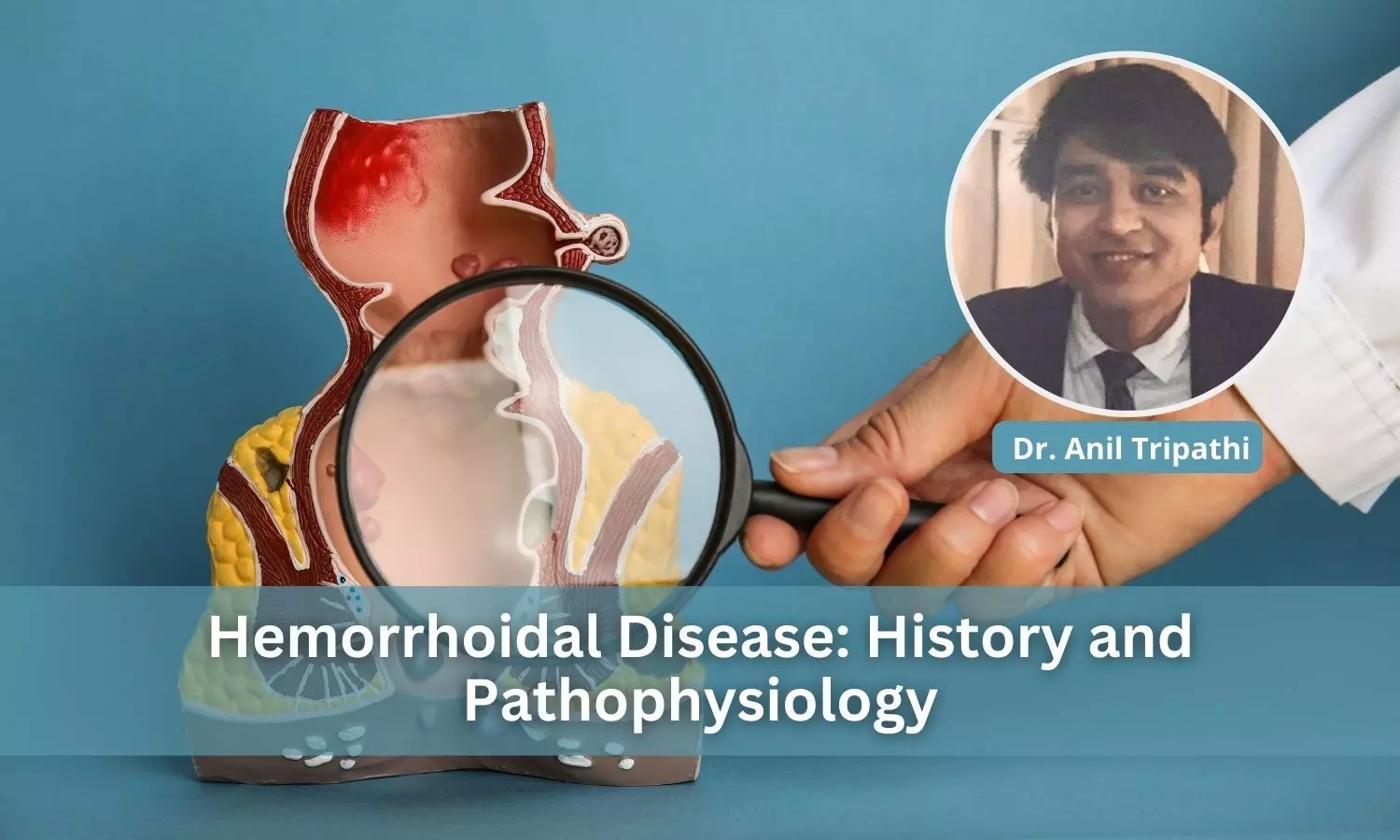- Home
- Medical news & Guidelines
- Anesthesiology
- Cardiology and CTVS
- Critical Care
- Dentistry
- Dermatology
- Diabetes and Endocrinology
- ENT
- Gastroenterology
- Medicine
- Nephrology
- Neurology
- Obstretics-Gynaecology
- Oncology
- Ophthalmology
- Orthopaedics
- Pediatrics-Neonatology
- Psychiatry
- Pulmonology
- Radiology
- Surgery
- Urology
- Laboratory Medicine
- Diet
- Nursing
- Paramedical
- Physiotherapy
- Health news
- Fact Check
- Bone Health Fact Check
- Brain Health Fact Check
- Cancer Related Fact Check
- Child Care Fact Check
- Dental and oral health fact check
- Diabetes and metabolic health fact check
- Diet and Nutrition Fact Check
- Eye and ENT Care Fact Check
- Fitness fact check
- Gut health fact check
- Heart health fact check
- Kidney health fact check
- Medical education fact check
- Men's health fact check
- Respiratory fact check
- Skin and hair care fact check
- Vaccine and Immunization fact check
- Women's health fact check
- AYUSH
- State News
- Andaman and Nicobar Islands
- Andhra Pradesh
- Arunachal Pradesh
- Assam
- Bihar
- Chandigarh
- Chattisgarh
- Dadra and Nagar Haveli
- Daman and Diu
- Delhi
- Goa
- Gujarat
- Haryana
- Himachal Pradesh
- Jammu & Kashmir
- Jharkhand
- Karnataka
- Kerala
- Ladakh
- Lakshadweep
- Madhya Pradesh
- Maharashtra
- Manipur
- Meghalaya
- Mizoram
- Nagaland
- Odisha
- Puducherry
- Punjab
- Rajasthan
- Sikkim
- Tamil Nadu
- Telangana
- Tripura
- Uttar Pradesh
- Uttrakhand
- West Bengal
- Medical Education
- Industry
Higher intake of Sugar-sweetened beverages linked to increased liver fat and incident NAFLD
 NONALCOHOLIC FATTY LIVER DISEASE (NAFLD) OFTEN LEADS TO VARIOUS LIVER COMPLICATIONS, BUT THERE IS A LACK OF DRUGS FOR THE TREATMENT OF NAFLD. view more CREDIT: GWANGJU INSTITUTE OF SCIENCE AND TECHNOLOGY
NONALCOHOLIC FATTY LIVER DISEASE (NAFLD) OFTEN LEADS TO VARIOUS LIVER COMPLICATIONS, BUT THERE IS A LACK OF DRUGS FOR THE TREATMENT OF NAFLD. view more CREDIT: GWANGJU INSTITUTE OF SCIENCE AND TECHNOLOGYOver 6 years of follow-up, it was found that higher average sugar-sweetened beverages (SSB) intake can increase liver fat and also the odds of incident NAFLD among the older cohort, but the younger third Generation cohort showed no consistent association. The study results were published in the journal Clinical Gastroenterology and Hepatology.
Nonalcoholic fatty liver disease (NAFLD) is a global major public health problem. Obesity and unhealthy lifestyles like Diets high in glycemic load and sugar-sweetened beverage (SSB) consumption are strong modifiable risk factors that contribute to NAFLD development. Previous literature showed that there is a positive correlation between SSBs and NAFLD, but the results were inconsistent. Hence researchers conducted a study in the prospective cohort of the Framingham Heart Study (FHS) to investigate the prospective association between intake of SSB or diet soda and changes in liver fat, as measured by computed tomography (CT), over 6 years of follow-up in the FHS.
A prospective observational study of participants from the FHS Third Generation and Offspring cohorts who participated in computed tomography sub-studies was done. Based on the baseline and follow-up food frequency questionnaires, participants were classified according to their average SSB or diet soda consumption as non-consumers having 0–<1/month, occasional consumers with 1/month–<1/week, and frequent consumers consuming ≥1/week–≥1/day. Based on the liver fat attenuation measurements on a computed tomography scan, hepatic fat was quantified. The primary dependent variable was incident NAFLD; the secondary variable was any changes in liver fat.
Results:
- The cohorts included 691 Offspring with mean age, of 62.8 ± 8.2 years. Nearly 57.7% were women.
- There were 945 Third Generation participants with a mean age of 48.4 ± 6.3 years and among these 46.6% were women.
- A dose-response relationship between SSB consumption and incident NAFLD was found in the Offspring cohort.
- Nearly 2.53 times increased odds of incident NAFLD was found in the frequent SSB consumers when compared with non-consumers (95% confidence interval, 1.36–4.7) after multivariable analysis.
- For Offspring cohort participants, occasional and frequent consumers of SSB had a more adverse increase in liver fat compared with non-consumers.
Take home message:
- This prospective study used data from the Framingham Heart Study to determine the association between sugar-sweetened beverage (SSB) consumption and the incident development of NAFLD. In the Offspring cohort (mean age, 62.8 years) there was a dose-dependent increase in the risk for hepatic steatosis with increasing consumption of SSB. Individuals who frequently consumed SSBs had a 2.53-times higher risk of the development of NAFLD than non-consumers.
- A high level of SSB consumption is associated with an increase in liver fat content over a 6-year follow-up period and with an increased risk of NAFLD.
Further reading: Park WY, Yiannakou I, Petersen JM, Hoffmann U, Ma J, Long MT. Sugar-Sweetened Beverage, Diet Soda, and Nonalcoholic Fatty Liver Disease Over 6 Years: The Framingham Heart Study. Clin Gastroenterol Hepatol. 2022;20(11):2524-2532.e2. doi: 10.1016/j.cgh.2021.11.001
BDS, MDS
Dr.Niharika Harsha B (BDS,MDS) completed her BDS from Govt Dental College, Hyderabad and MDS from Dr.NTR University of health sciences(Now Kaloji Rao University). She has 4 years of private dental practice and worked for 2 years as Consultant Oral Radiologist at a Dental Imaging Centre in Hyderabad. She worked as Research Assistant and scientific writer in the development of Oral Anti cancer screening device with her seniors. She has a deep intriguing wish in writing highly engaging, captivating and informative medical content for a wider audience. She can be contacted at editorial@medicaldialogues.in.
Dr Kamal Kant Kohli-MBBS, DTCD- a chest specialist with more than 30 years of practice and a flair for writing clinical articles, Dr Kamal Kant Kohli joined Medical Dialogues as a Chief Editor of Medical News. Besides writing articles, as an editor, he proofreads and verifies all the medical content published on Medical Dialogues including those coming from journals, studies,medical conferences,guidelines etc. Email: drkohli@medicaldialogues.in. Contact no. 011-43720751




